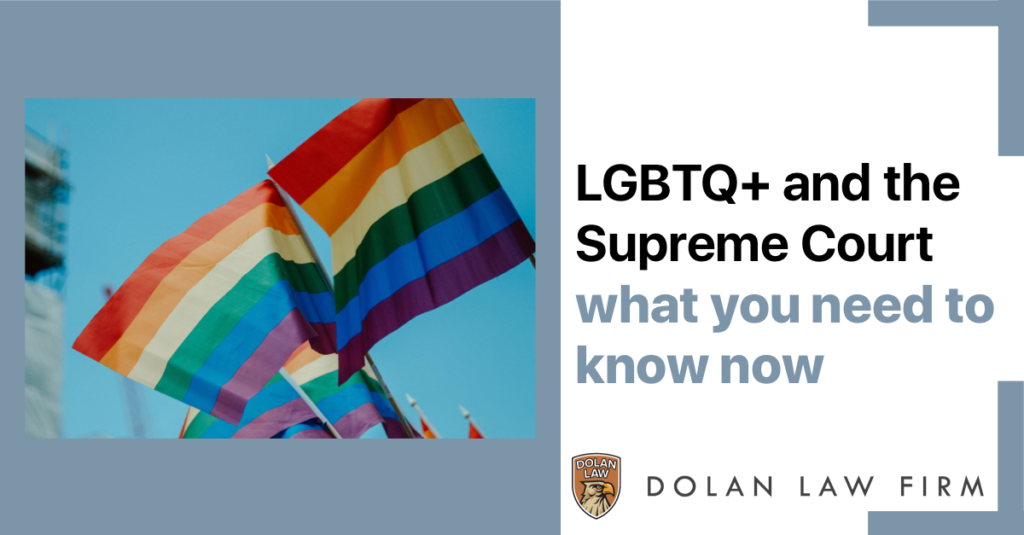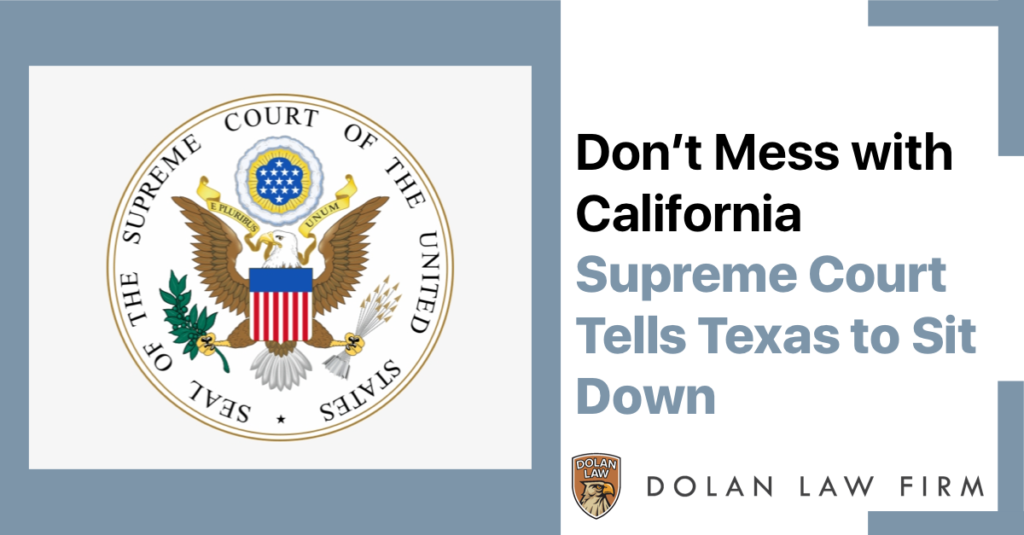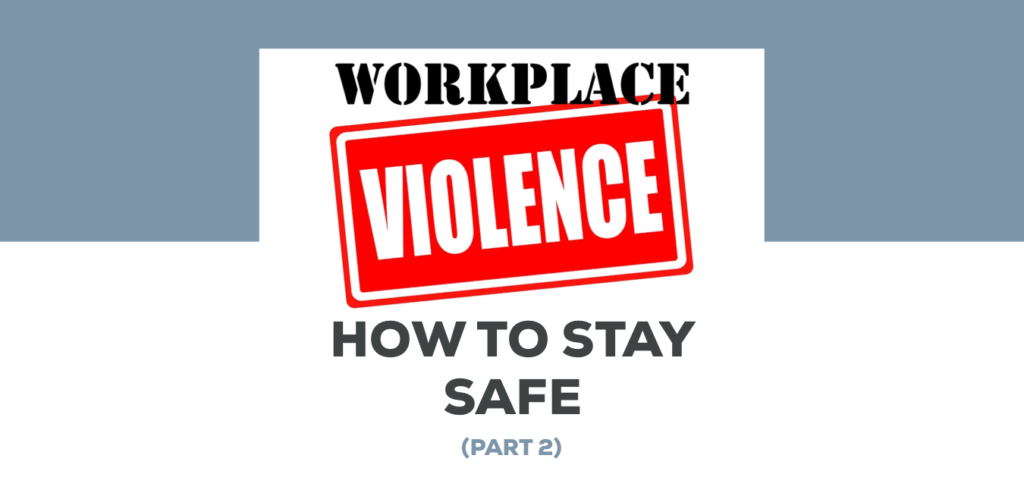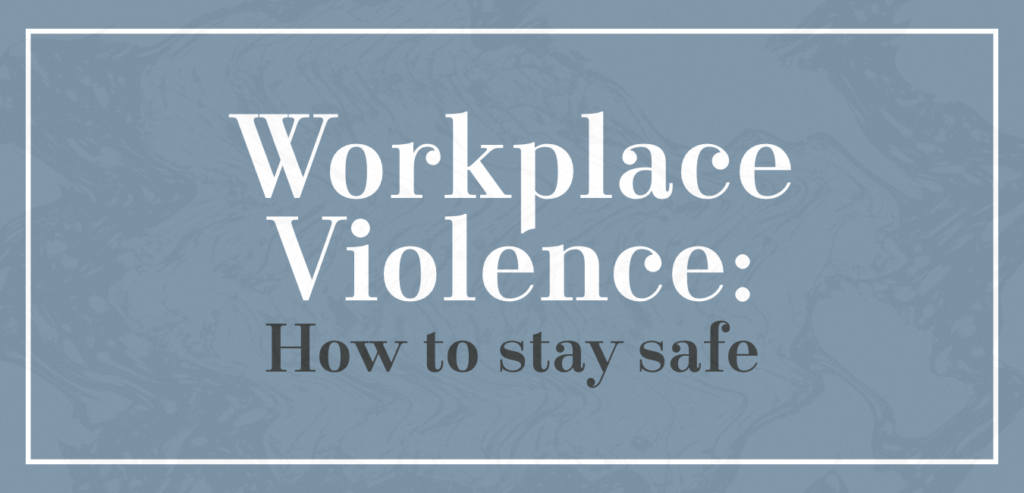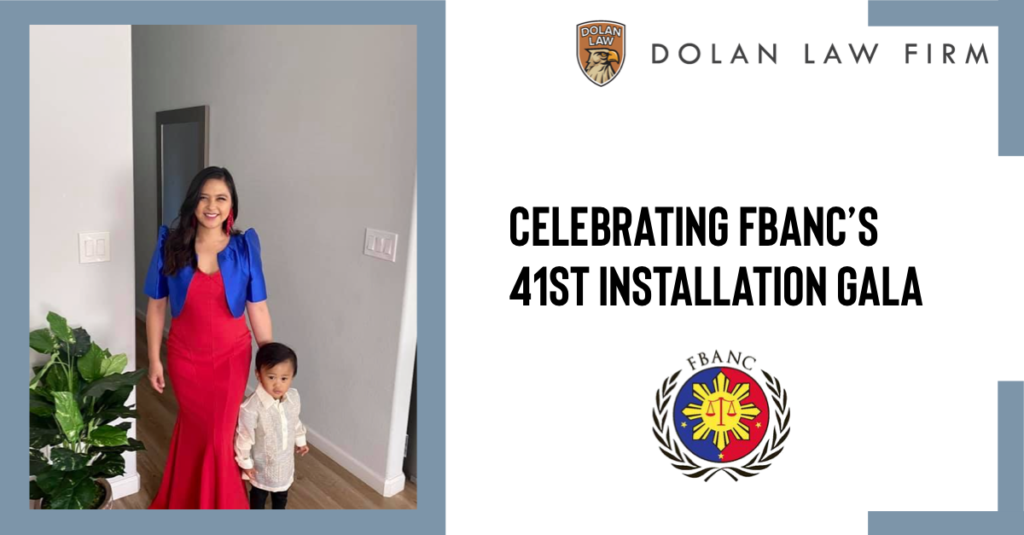LGBTQ+ and the U.S. Supreme Court: What You Need to Know
Written By Christopher B. Dolan and Matthew D. Gramly It is now early June, the time of year when the U.S. Supreme Court steadily releases all of the remaining opinions they have not yet released throughout the Court’s term. Since June is also Pride month, Court watchers are keeping an eye out this year for …
LGBTQ+ and the U.S. Supreme Court: What You Need to Know Read More »

